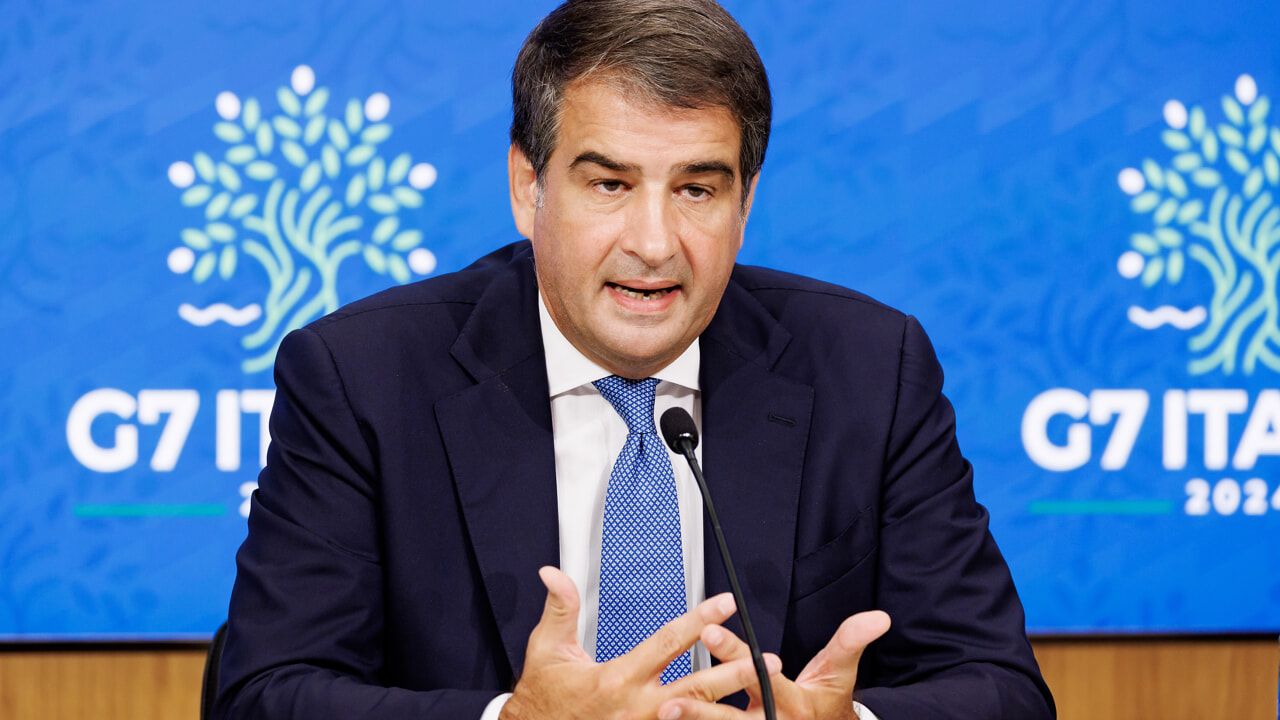On Tuesday, Ursula von der Leyen unveiled the lineup for the new European Commission, which will serve for the next five years. The distribution of portfolios has sparked significant debate among politicians and commentators, particularly in Italy where the focus is on the appointment of Raffaele Fitto. Fitto, the outgoing Minister for European Affairs in Giorgia Meloni’s government, has been named Executive Vice-President for Reform and Cohesion. This raises the question: did Italy achieve a significant victory in its negotiations with von der Leyen?
The complexity of such a nomination extends beyond simplistic evaluations. To understand Fitto’s and Italy’s potential influence in the European Union’s top executive body through 2029, one must consider several factors. Despite the marginal political role of Fitto’s party, Fratelli d’Italia, within the European Conservatives and Reformists (ECR) group, his appointment as Executive Vice-President seems like a notable achievement.
Fitto’s role appears substantial when compared to the political weight of ECR, which includes right-wing nationalist parties often at odds with von der Leyen’s Commission. However, his responsibilities—focused on reforms and cohesion—might render him less influential on major issues such as defense, competition, and industrial competitiveness. Additionally, crucial economic and financial matters are outside his purview, which could limit Italy’s leverage in key debates.
Meloni celebrated Fitto’s appointment on social media, asserting that Italy is now a prominent player in Europe. Her team highlighted the significance of Fitto’s role in overseeing cohesion policies, which involve €378 billion allocated from 2021 to 2027, with approximately €43 billion earmarked for Italy’s southern regions. Despite the positive political outcome, von der Leyen’s decision to promote Fitto to one of the six Executive Vice-President roles has drawn criticism from center-left and liberal groups, given Fratelli d’Italia’s opposition to von der Leyen’s presidency.
Von der Leyen’s choice to include Fitto in the vice-presidency group indicates her willingness to engage with less extreme elements of the ECR bloc, particularly in light of the current weaknesses of the French and German governments. This strategic move also counters concerns about Italy’s potential isolation following Fratelli d’Italia’s vote against von der Leyen’s Commission presidency. Fitto’s role, while offering more visibility, particularly in Italy’s southern regions, appears limited compared to his predecessors, especially in economic matters where his influence is secondary to that of Valdis Dombrovskis.
Political turmoil: defections from Azione and party realignments
In recent political turbulence, Monday saw four parliamentarians leave Azione, the party led by Carlo Calenda. Mara Carfagna, the party president and former minister, along with senators Giusy Versace and Mariastella Gelmini, have departed, along with deputy Enrico Costa who returned to Forza Italia. This exodus, which amounts to nearly one-third of Azione’s parliamentary representation, raises questions about the party’s stability and future direction.
Gelmini, Carfagna, and Versace have joined the mixed group in Parliament and may soon align with a different party. Gelmini cited Azione’s decision to join the broad center-left coalition led by the Democratic Party (PD) as a key reason for her departure. This coalition includes the Five Star Movement and is gearing up for regional elections in Liguria, Emilia-Romagna, and Umbria this fall. Azione has expressed respect for the departing members’ choices but criticized their shift from opposition to majority in the midst of the legislative session.
Gelmini’s journey from Forza Italia to Azione began in July 2022, shortly before the national elections. Her previous roles include Minister of Education and Minister for Regional Affairs and Autonomies. Carfagna, who joined Azione alongside Gelmini, previously served as Minister for Equal Opportunities and Minister for the South and Cohesion. Both women had been prominent figures in Forza Italia before their departure.
The defections from Azione not only affect the party’s immediate parliamentary strength but also signal potential shifts in Italy’s political landscape. As Carfagna, Gelmini, and Versace navigate their next political moves, their decisions will likely influence both Azione’s future and broader coalition dynamics within Italian politics.

